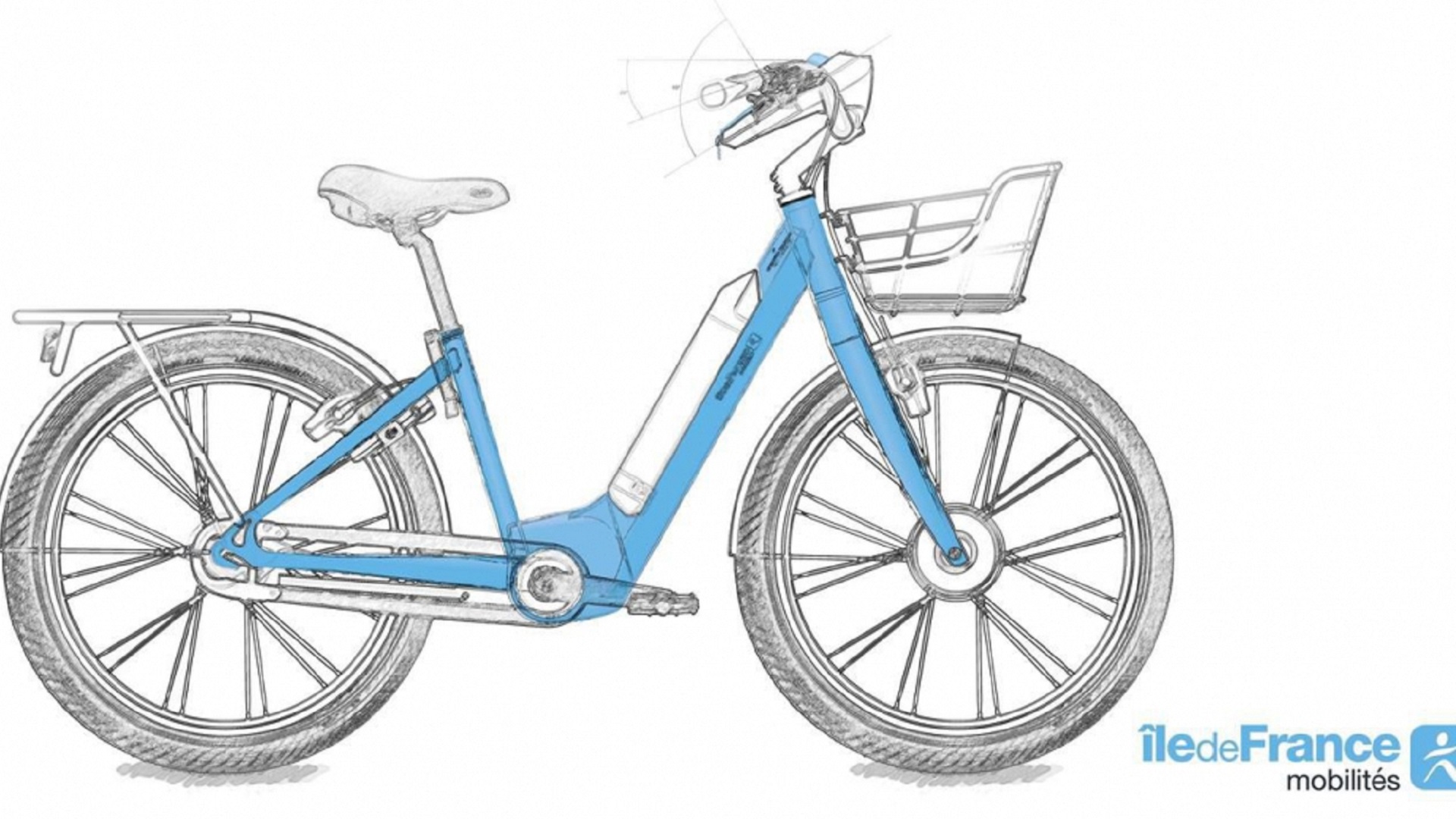

Paris will soon get a large fleet of ebikes as part of a government-funded program to encourage bicycle commuting, reports Reuters. The French capital has been fairly aggressive in its efforts to curb car use in order to address traffic congestion and pollution.
Beginning in September 2019, regional transportation agency Ile-de-France Mobilités (IDFM) will deploy up to 10,000 bikes for long-term rentals. If that goes well, the fleet will be doubled to 20,000 bikes. That would make the service, dubbed “Veligo,” the world’s largest bike-sharing program.
Veligo will be run jointly by French postal service La Poste and transportation firm Transdev under a six-year contract, with a budget of up to 111 million euros ($127 million). The goal of the program is to encourage bicycle commuting, which currently accounts for just 1.6 percent of daily trips in the Ile-de-France region, which includes Paris. Although previous efforts to encourage bicycle use in the region have not met expectations.
Paris’ existing Velib bike-sharing program has reportedly struggled since a new operator took over this year, and has only deployed half of its promised 20,000 bikes. Velib bikes are rented on an hourly basis and must be picked up and dropped off at designated stations, the same model used by other large-scale metropolitan bike-sharing programs like New York City’s CitiBike.
But Veligo will embrace the popular “dockless” model used by startups such as Lime and Uber-owned Jump, meaning bikes can be left anywhere for the next user. That means city officials must manage bikes being left randomly on streets, but it does make things more convenient for users. Veligo will also offer longer rentals. Paris residents will be able to rent bikes for a month for 40 euros ($45), with up to half the rental fee subsidized by employers.
Veligo is the latest effort by French officials to reduce car use in the nation’s capital. Paris has already tested a “day without cars,” and has discussed banning internal-combustion cars by 2030. Paris does at least have the advantage of a robust public transit system to complement bike sharing as an alternative to cars. Scooter-sharing startup Bird also recently launched in the city.